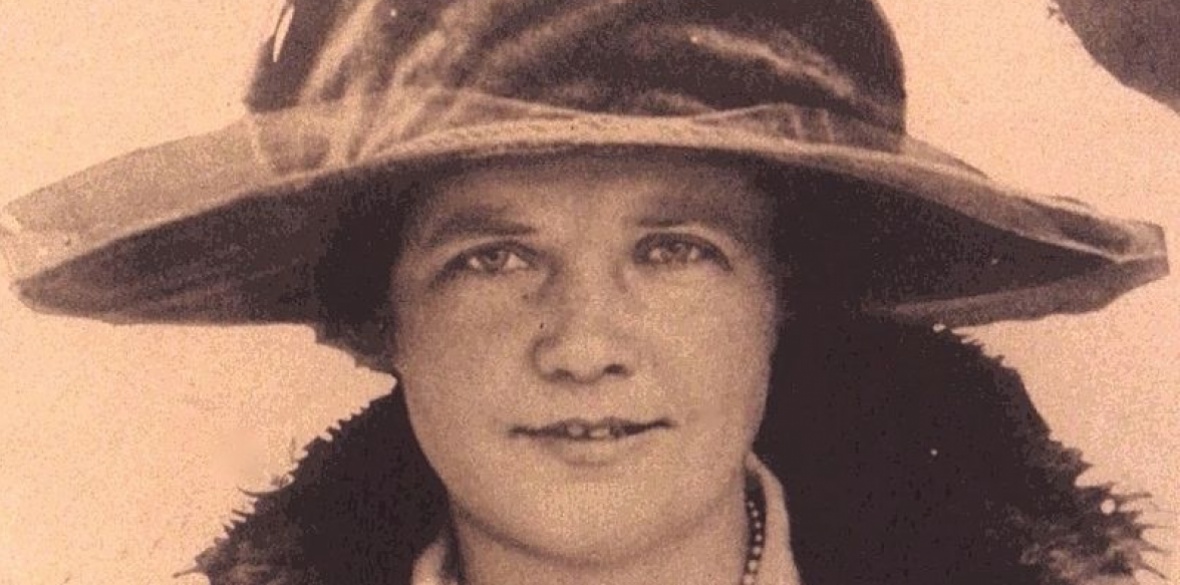This is the last article you can read this month
You can read more article this month
You can read more articles this month
Sorry your limit is up for this month
Reset on:
Please help support the Morning Star by subscribing here
Rocking the Boat: Welsh Women who Championed Equality 1840-1990
by Angela V John
(Parthian, £20)
HISTORIAN and biographer Angela V John has done a superb service in these accounts of seven remarkable Welsh women who stood up to the Establishment, struggled and triumphed.

As might be expected from an author already well known for her assiduously researched work on women’s and gender history, the writing is tight and packed with vibrant and telling detail.
Of Margaret Nevinson and Margaret Haig Thomas — the latter became Lady Rhondda — she writes: “Both Margarets were arrested pre-war for suffrage activism yet both became Justices of the Peace in the 1920s.”
Nevinson, journalist, public speaker and suffragette, leaps off the page. She married aspiring writer Henry W Nevinson and their shared philanthropic beliefs did not guarantee a happy union — he had several affairs. There’s a suggestion that some of his stories drew heavily on her research notes, for which he gave his wife no credit.
John never jumps to conclusions, though, and is always clear about sources. If there’s evidence, she finds it. Recent so-called biographers of David Cameron and Charles Windsor, take note.
When the future Lady Rhondda spoke in that fine old Valleys town of Aberdare, “she had mice thrown on the platform, along with herrings, ripe tomatoes and cabbages. Sulphurated gas, snuff and cayenne pepper pervaded the hall.” Still, attempts to shut down the demand for women’s rights failed then, as now.
All seven subjects defined themselves as Welsh, despite spending much time outside the country, and John reflects on “their tendency to romanticise what they see as Welshness.”
But her admiration is never far away, though none of this is hagiography. From her essay on Labour MP Edith Picton-Turbervill to the portrait of 20th century novelist Menna Gaillie, John has experimented with styles of biographical writing, making this not only a fascinating read and a reliable text but also a very writerly book. The challenge of shaping historical accounts, without taking liberties, is met with aplomb.
It’s a delight to encounter Gaillie’s work, previously undiscovered by this fan of Anglo-Welsh novels. She wrote The Small Mine, published in 1962, after serious research, including spending two nights down Cynheidre Colliery. Her characters may sound cartoonish to outsiders — Dai Dialectic is an invention, it seems, but John tells us that Jim Kremlin was the nickname of a real person from Gaillie’s youth.
There’s a huge amount of wit, inspiration and a great deal to learn from these packed lives and legacies. And there’s a lot to love, not least these fine women themselves.











